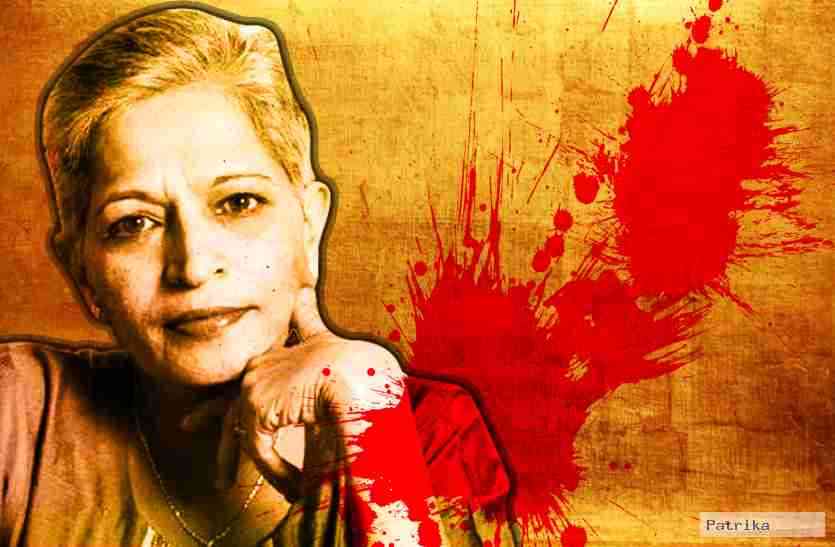Needed A Non-Doctrinaire Left To Carry Gauri Lankesh Vision
Encouraged by the spontaneous outpouring of sympathy and resolve across the country after Gauri Lankesh’s murder, I began to ferret out my last year’s notebook. The thousands who came out in marches need a regular formation to lean against – a nondoctrinaire left. Are such movements stirring globally? I fell back on my coverage of events, including elections in the US, Spain, France, the UK and the mayhem in virtually every West Asian country.
Because there is no tradition of coverage of international affairs by Indian journalists, we sometimes miss out on external affairs impacting on our political and social currents.
Let me give you just one example. The post 9/11 global war on terror generated a wave of Islamophobia which, as a reaction, augmented by geometrical progression, cesspools where more terror bred.
When Narendra Modi turned up in Gujarat in October 2001 as Chief Minister, he was not even a member of the state assembly. On October 7, 2001, began the US airstrikes against Afghanistan. Even as the world – India included – remained riveted on the menacing fireworks for months, Islamophobia and terrorism grew apace. The global anti-Muslim atmosphere amplified on world TV was a Godsend for Modi to shape his majoritarian platform in the state and beyond.
New Delhi found itself in the embrace of a global power, buoyed by its recent triumph over the Soviet Union. This victory was marketed not as a victory for human values, but as a triumph of unbridled capitalism. This self-image took something of a knock in 2007-08 when the very citadel of capitalism, Lehman Brothers, collapsed. Then other citadels fell.
Indians did not quite see the writing on the wall as starkly as the more creative folks in the West did.
Corporate American greed and crime became the theme of a play which set West End in London ablaze. Enron, based on the power project in Maharashtra, shrouded in corruption, became the most talked about the script by playwright Lucy Pebbles. It had an extended run on Broadway as well. The irony, of course, is that the play is based on Enron’s Indian scandal. But India had buried its head in the sand. No libertarian theatre group has ever thought of producing the play in Mumbai or New Delhi.
The post-2008 political restiveness in the West is there for all to see. The word “establishment” has acquired a particularly negative connotation and establishments are under attack from both flanks, Left as well as the right. Everywhere, even in countries where it has held on to power, it has done so by throwing everything into the battle – money, and media above all.
In the US even this combination has not worked.




